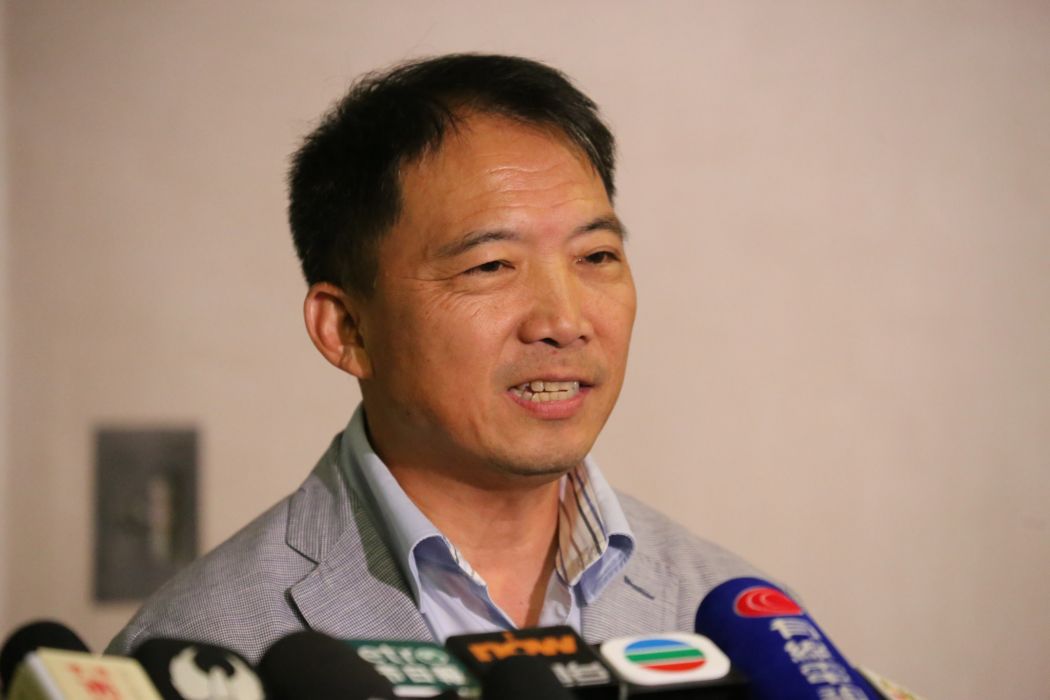A national security law should be enacted in Hong Kong as soon as possible, before Beijing imposes a much tougher version, Liberal Party Honorary Chair James Tien has said.
In 2003, Tien resigned from the government’s Executive Council following mass protests against the legislation of the national security law. The government was then forced to retract the legislation. Tien was the Liberal Party chair at the time.
However, on Friday, Tien said that the legislation for Article 23 of the Basic Law – which requires that Hong Kong enact a national security law – should be done sooner rather than later, since Hong Kong’s value to Beijing will only diminish over time.

“[Beijing’s] power is strong, and it will be strong in five to ten years – then, it can legislate in whatever way it wishes, without caring about [Hong Kong’s views],” Tien told a Commercial Radio programme.
“Many friends have asked me – James, if we keep on delaying the issue until 2047, will it be the case that Article 23 will not have to be legislated, and [Beijing] imposes its own national security law here in 2047?” he added.
Liberal Party leader and lawmaker Felix Chung has tabled a non-binding motion at the legislature urging a consultation and discussion on enacting a national security law.
Tien said the controversy over the national security law is “unnecessary” as Hong Kong independence is not achievable and the central government is not concerned that it will happen.

Citing the government’s actions after the 2014 pro-democracy Occupy protests including disqualifications of election candidates and lawmakers, Tien said: “What’s the difference with or without Article 23?”
“It’s better to have a law than letting [the government] do whatever it likes,” he added.
Tien said the 2003 version of the proposed law could not be used to prosecute speeches, and that offenders could only be charged for violence. He said if the government proposes a new law, it must be tougher than the 2003 version.
“A key question will be: what is the extent [of toughness] that the central government believes will be feasible, and which Hong Kong people will accept,” he said.

Democratic Party Chairman Wu Chi-wai said on Friday that his party still believes that Article 23’s legislation should come after universal suffrage is achieved. He added that he did not understand Tien’s argument that Article 23 legislation would provide a clearer legal basis for election disqualifications.
“Even right now, the government says the disqualification is based on law,” he said. “I hope Tien’s words will not help the government find an excuse to justify something wrong.”
